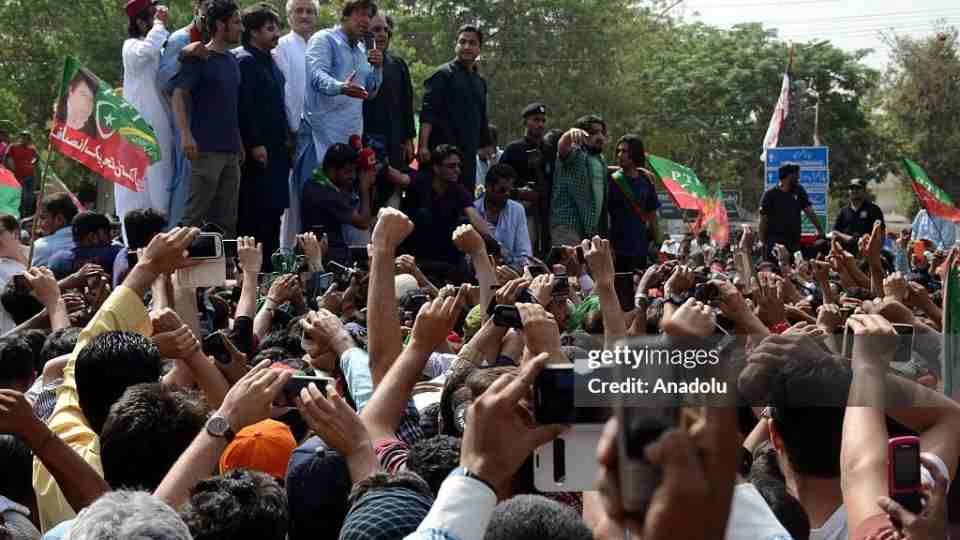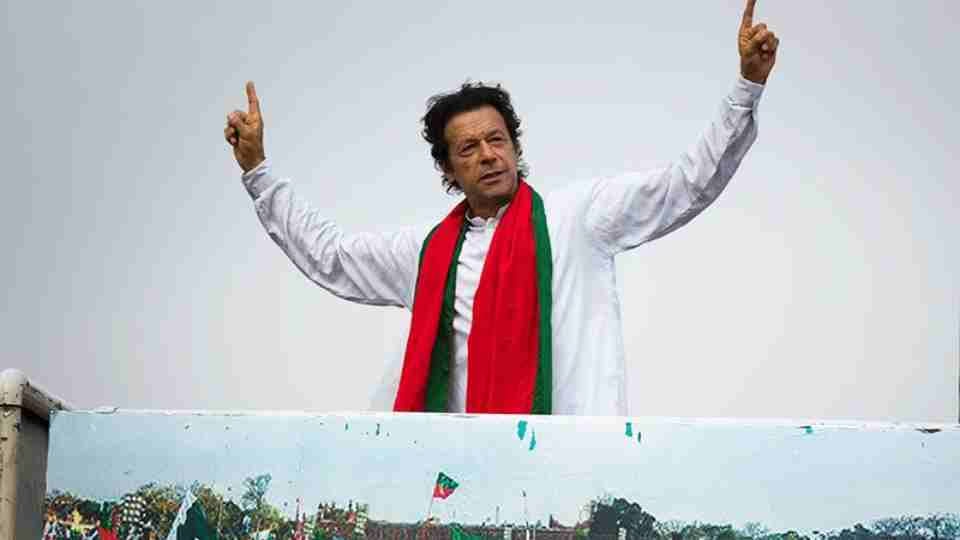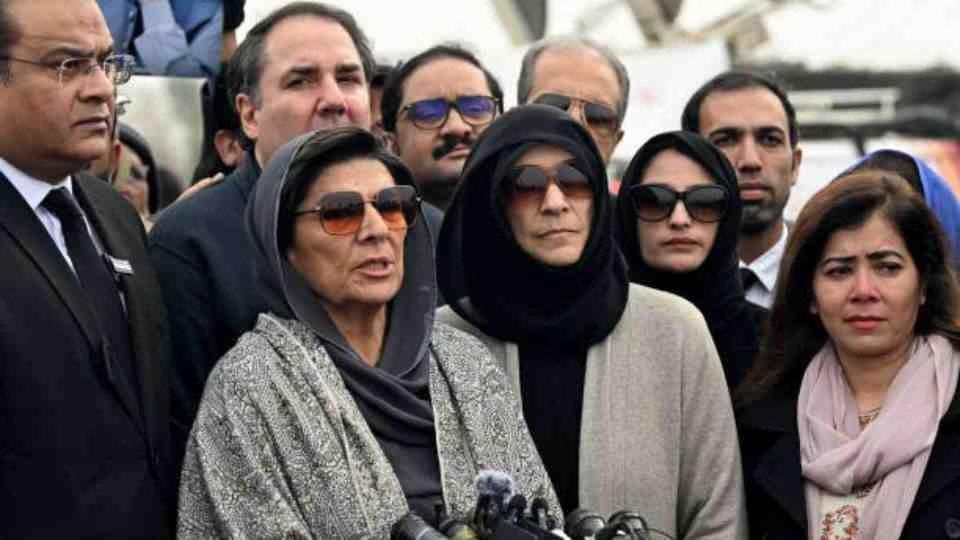Government Official Blames PTI Leadership for Impasse
Federal Minister for Parliamentary Affairs Tariq Fazal Chaudhry delivered sharp criticism of Pakistan Tehreek-e-Insaf during a Tuesday evening television appearance, arguing that the party’s leadership style has become the primary obstacle to resolving the nation’s political tensions.
Speaking on Samaa TV’s “Nadeem Malik Live,” Chaudhry characterized PTI’s approach as fundamentally flawed, suggesting the party erred by positioning itself against military institutions rather than engaging in traditional political competition. The Pakistan Muslim League-Nawaz representative maintained that opportunities for constructive dialogue have consistently existed, but have been undermined by what he termed the founding leader’s unwillingness to compromise.

The minister highlighted specific dates—November 24 and 26—as missed opportunities for meaningful negotiations, while expressing cautious optimism that political solutions remain possible if PTI demonstrates genuine commitment to dialogue.
Chaudhry offered a particularly pointed assessment of PTI’s internal dynamics, suggesting that both party leadership and external supporters have become trapped by social media-driven narratives. He drew a distinction between the party founder’s apparent openness to discussion and what he described as counterproductive influences from family members, specifically referencing Bushra Bibi’s role in escalating tensions.
Regarding provincial restructuring proposals, the minister indicated that any constitutional changes would require extensive consultation across party lines and broad consensus-building efforts. He suggested that administrative improvements might offer more practical benefits than territorial reorganization.

Policy Expert Urges Strategic Recalibration
Ahmed Bilal Mahboob, head of the Pakistan Institute of Legislative Development and Transparency, offered a more analytical perspective on PTI’s current predicament, arguing that the party has consistently failed to capitalize on favorable political circumstances.
Mahboob emphasized that PTI received repeated advice to pursue negotiated settlements and noted that pathways for dialogue remain available despite recent setbacks. He praised Salman Akram Raja’s capabilities while suggesting that more decisive leadership might have produced different outcomes, potentially including strategic resignations.
The policy expert expressed skepticism about provincial subdivision proposals, including renewed calls for a separate Bahawalpur province. Rather than supporting territorial divisions, Mahboob advocated for strengthening local governance structures within Pakistan’s existing four-province framework, arguing this approach would deliver better administrative results without constitutional complications.
PTI Insider Reveals Internal Tensions
National Assembly Member Sher Afzal Marwat provided rare insights into PTI’s internal deliberations, revealing that moderate voices within the party actually outnumber those favoring confrontational approaches.
Despite this internal preference for reconciliation, Marwat expressed pessimism about immediate prospects for meaningful dialogue, suggesting the current government appears committed to maintaining existing power structures rather than seeking compromise solutions.
The PTI representative offered specific details about recent negotiation attempts, including discussions on November 24-25 and a rejected proposal to establish a camp at Singjani as part of efforts to secure the party founder’s release. He characterized PTI’s current situation as unprecedented, noting that neither PML-N nor PPP faced comparable challenges during their respective periods of political difficulty.
Marwat advocated for a more decentralized approach to PTI’s leadership structure, suggesting the party founder should delegate greater authority to a small circle of trusted representatives. He opposed calls for committee resignations and claimed that external pressures were forcing unwanted decisions upon the leadership.
Interestingly, despite his party’s general opposition to provincial division, Marwat specifically endorsed splitting Khyber Pakhtunkhwa into three separate administrative units, highlighting the complex regional considerations that influence Pakistani political calculations.
Broader Implications
These diverse perspectives illuminate the complex dynamics currently shaping Pakistani politics, where personal rivalries, institutional tensions, and genuine policy disagreements intersect in ways that complicate straightforward resolution efforts. The recurring theme across all three viewpoints—that opportunities for dialogue exist but remain unexploited—suggests that Pakistan’s political crisis may be more about process and positioning than fundamental ideological differences.






